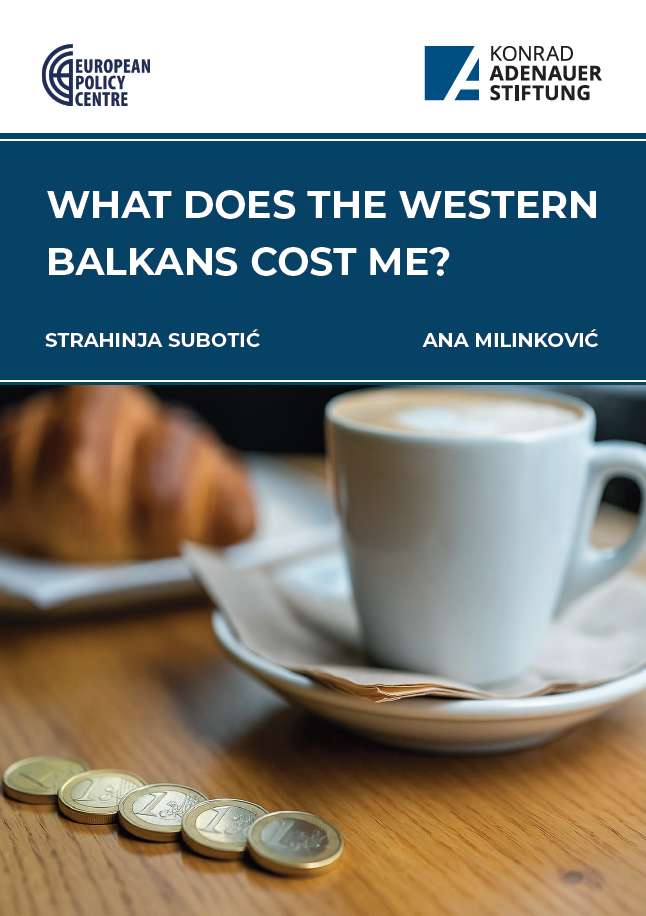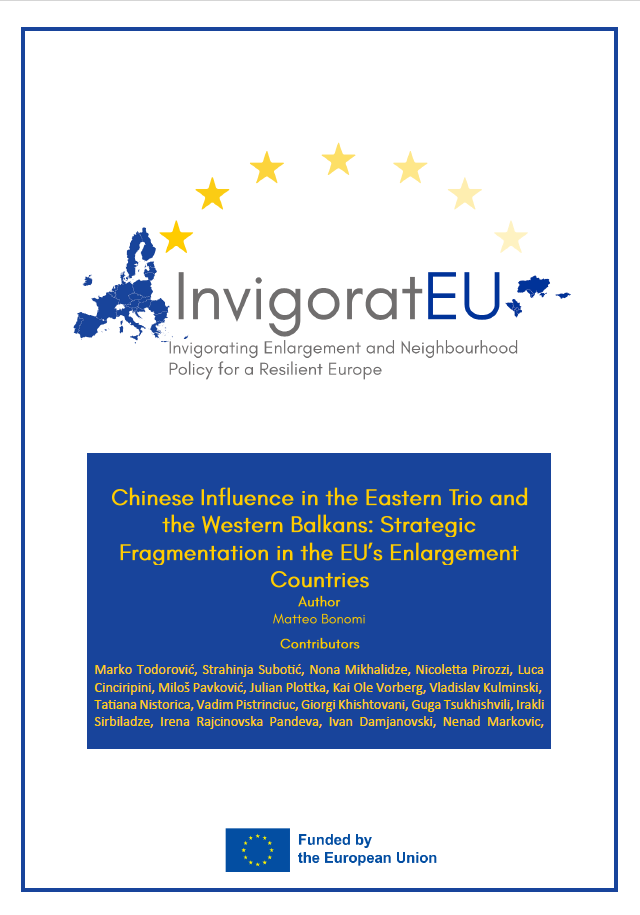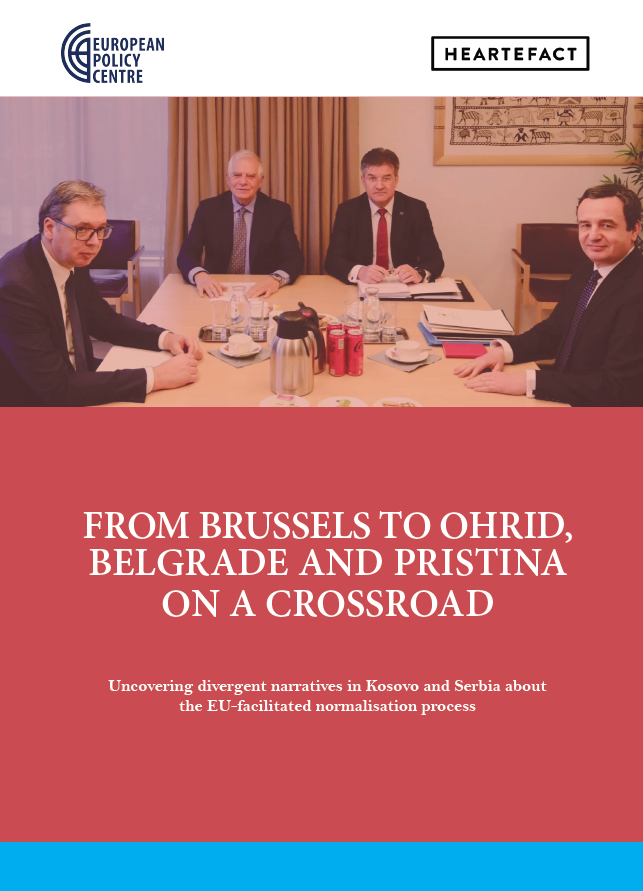Headquarters: Svetog Nauma 7, 11000
Office address: Đorđa Vajferta 13, 11000
Phone:: +381 11 4529 323
In the last decade, the exploration of Russian interests in the Western Balkans (WB), particularly in Serbia, has surged in scholarly circles, rivalling the longstanding issue of Kosovo’s status. The eruption of war in Ukraine has thrust the question of Russian influence in Serbia into sharper focus, presenting Serbia with an existential dilemma in its foreign policy trajectory.
Amidst a geopolitical landscape evoking echoes of a new Cold War, the urgency of Serbia’s decision-making has intensified. On one hand, as a candidate for European Union (EU) membership, Serbia faces pressure to align with EU political interests. On the other hand, historical ties and ongoing cooperation with Russia present a complex dynamic that challenges the stated commitment to European integration. As a result, despite Western discontent, Serbia has steadfastly pursued its multi-vector foreign policy for the past two years. This approach involves maintaining active partnerships not only with the EU and the United States (US) but also with China and Russia. Notably, Serbia stands out as the sole European nation to have avoided the imposition of sanctions against Russia, sustaining robust business and political ties with Moscow amidst international tensions.
The deep-rooted influence of Russia in Serbia, coupled with pro-Russian sentiments among the population, often serves as the backdrop for understanding this phenomenon. However, while such assertions hold sway, recent studies and analyses shed light on a contrasting reality: Russia’s actual presence in Serbia is less substantial than commonly perceived. It becomes especially apparent considering the scale of economic and financial partnerships between Serbia and the EU.
Indeed, Russia’s primary leverage lies within its soft power arsenal, intricately woven into the broader context of its hybrid war strategy in the WB. Extensive research has been dedicated to unravelling the mechanisms of Russian propaganda in Serbia, dissecting the role of pro-Kremlin media in shaping anti-European sentiments and grappling with the issue of information warfare orchestrated by Russian entities in the region. However, numerous studies fall short of going beyond identifying Russian actors in Serbia and uncovering the grounds guiding their actions.
This study delves deeper into the intricate web of Russian propaganda in Serbia, aiming to connect its core narratives and images within the country’s political landscape. This study aims to explore Serbia’s role in the geopolitical framework of Russian foreign policy. Specifically, it seeks to answer two key research questions: First, does Kremlin propaganda follow a clearly articulated strategic plan in its operations? Second, to what extent does this propaganda permeate Serbian political and social spheres?
These inquiries are not merely academic exercises; they hold significant implications for Serbia’s future trajectory. The country’s notable democratic backsliding hinders its progress towards EU accession, casting a shadow of uncertainty over its prospects. The rising autocratic tendencies within Serbia are often linked to the alliances formed by the ruling elite with authoritarian regimes such as Russia, China, and Turkey. Therefore, this study aims to gauge the extent of Russian interference and assess Russia’s role as a potential impediment to Serbia’s European integration. By shedding light on these complexities, it endeavours to provide insights that could inform decisions crucial for Serbia’s future development.
An intriguing facet setting this study apart is its examination of the proliferation of Kremlin propaganda on the relatively new digital platform, Telegram, which has attempted to make substantial inroads into the region. Telegram, renowned for its robust data security measures and refusal to collaborate with autocratic regimes like Russia, Belarus, or Iran, has garnered global acclaim. However, despite its initial reputation, the Kremlin has adapted to the platform’s dynamics, establishing a formidable information presence on social media.
This trend became particularly pronounced during the onset of the conflict in Ukraine, as numerous Telegram channels fervently disseminated pro-Russian propaganda both domestically and internationally. This surge extended its reach into Serbia and the broader WB, leveraging the platform’s anonymity and minimal censorship to orchestrate information offensives and sway public opinion.
As of October 2023, this study revealed a staggering 143 pro-Russian Telegram channels operating in Serbia alone, underscoring the pressing nature of Russia’s incursion into the Balkans’ information sphere and the imperative for deeper contemplation on this issue.


